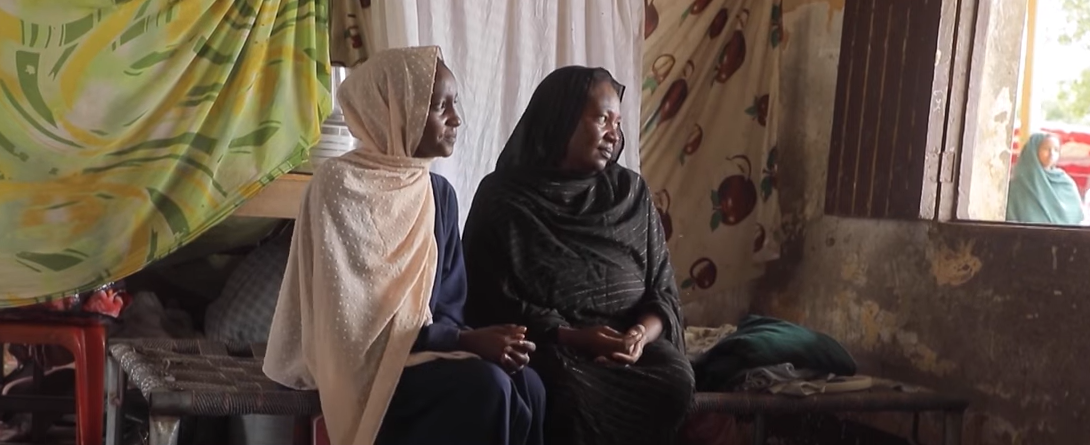Photos: Twitter\Black Economics
According to the U.S. Department of Commerce, Bureau of Economic Analysis, the US continues a recent increasing trend of accounting for almost 18 percent of gross domestic product (GDP) with expenditures on health-related goods, research, and services in 2018.
While other countries may not prepare estimates of health-related expenditures as a share of GDP, countries typically prepare estimates of total government expenditure by function. Table 1 (above pic) provides statistics on average health-related expenditure (for the health function) as a share of total government expenditure during the year 2015-2018 for the world’s five largest economies. Clearly, the US appears to be an anomaly by expending an average of 24.4 percent of total government expenditure on health over the period; other nations expend less than 20.0 percent.
A common question is: Why does the US spend so much on health?
There are many business model, social/cultural, and economic explanations for the high level of spending on health by the US. We will not entertain those explanations here. Rather, given the current Covid-19 pandemic and recent private individuals’ visits to space, we ask whether US billionaires and their counterparts from around the globe are evolving an “Elysium-type” world where scientists master the mysteries and challenges of diseases, health, and life; however, that science is only made available to those who can afford it?
This question is particularly relevant for Black Americans because, under current circumstances, we know that most of us are unlikely to be able to afford the very special and expensive medical science of the future.
At the same time, we know that we may be contributing significantly to research that will lead to an “Elysium-like” world because:
• Comedian, Civil Rights Activist, and 1968 Presidential Candidate, Dick Gregory, warned repeatedly that Black Americans were the subject of organ harvesting for transplant and research purposes.
• It is well known among Black funeral directors that the bodies of young Black Americans who are killed by gun violence reflect missing organs—again for transplant and research purposes.
• Black Americans are very much underrepresented in health research, services, and related fields, and we are excluded from much of the high-level medical science research ongoing in the nation.
Moreover, according to the U.S. Department of Labor, Bureau of Labor Statistics, the share of spending on health-related goods and services as a percentage of total household expenditure increased by an average of 5.5 percent for Black American households over the period 2016-2020, while it only increased an average of 1.2 percent for White American households.
In this context, we should ask: How many times have our doctors performed procedures or ordered tests that did not fit neatly into a logical sequence for resolving our medical condition?
The point of all of the foregoing is just to bring to mind that the US has bet big on making health- related goods, research, and services a very significant component of the output that the nation produces. Accordingly, if the economy is to grow, then health expenditures must grow.
Knowing this, Black Americans should do all that we can to benefit from this ongoing process of expanding health output. We can accomplish this by motivating our youth to pursue careers in health goods, research, and services fields and to use their new-found knowledge to improve our health outcomes. It is common knowledge that Black Americans experience one of the nation’s highest infant mortality rates and shortest life expectancies—just two of the many indicators of the poor state of Black America’s health.
On the other hand, we should also make every effort to avoid being physical subjects who are exploited (without full compensation) to solve medical science mysteries and challenges.
By Brooks Robinson\Black Economics.org







